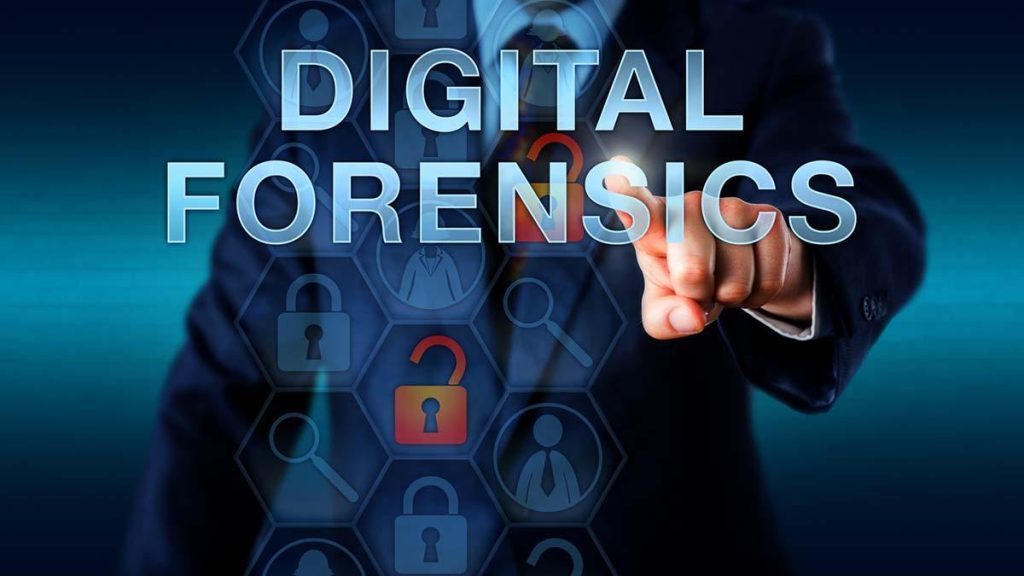The Tremendous Costs of Seized Electronic Discovery

Federal agents and AUSAs serve subpoenas that demand the production of huge amounts of documents and data. They seek search warrants that authorize the seizure of every electronic device at the location to be searched – computers, servers, external hard drives and cell phones. They seize tens of thousands of emails, texts and other forms of communication from businesses and individuals. This common investigative tactic results in an exponential growth in seized data to be reviewed and turned over in discovery to the defense.
A few years ago, after several high profile cases exposed the Department of Justice’s failures in processing and timely disclosing seized data to the defense, the DOJ told U.S. Attorney’s Offices around the country to collect less evidence. In late 2022, a training program was implemented to teach more than 6000 federal prosecutors to be more selective in the evidence sought and seized. This was the so called “smart collection” approach.
This approach was developed because DOJ struggled to fund and find the software and personnel needed to store and analyze the volume of electronic evidence seized. In fiscal year 2023, DOJ requested $27 million for U.S. Attorneys’ offices “e-Litigation modernization”, including 52 new positions and technology upgrades. This was in addition to DOJ’s $1.5 billion e-discovery vendor services contract awarded in 2020 and set to expire in 2027.
Putting aside the government’s issues and budget, seizures of terabytes of data require an enormous expenditure of time and resources for the defense. Effective review of the data requires hosting a search platform that can search millions of pages for key words, names and dates in an expedient fashion. Outside vendor platforms can cost thousands of dollars a month just for the platform. Add to that the time spent by paralegals and associates conducting the actual searches and initial review of the documents, and then the further review by the attorney handling the case. One can quickly see that only well-funded clients, or ones with some type of insurance or corporate backing, can afford zealous representation.
The costs for the review of massive amounts of documents and other data, coupled with potentially much lengthier prison sentences post-trial rather than a negotiated plea, account for the 95-97% rate of pleas in the federal system. Few individuals can afford the costs of a trial – legal and discovery fees, expert witness fees and the so-called “trial penalty” (harsher sentences after a loss at trial).
DOJ must do better at seizing and turning over data that falls within the confines of the items authorized to be seized in the warrant, and limiting the scope of the documents sought in grand jury subpoenas. Courts must enforce discovery obligations on the government and compel the government to produce the discovery in a timely and organized fashion that permits defendants to be properly and zealously represented, including those defendants that cannot afford costly search platforms.
Stahl Gasiorowski Criminal Defense Lawyers have successfully represented hundreds of individuals under complex federal and state investigations with terabytes of discovery. To contact the firm’s NJ office, call 908.301.9001 and to contact the firm’s NYC office, call 212.755.3300, or email Mr. Stahl at rgs@stahlegasiorowski.com Ms. Gasiorowski at lkg@stahlegasiorowski.com.















